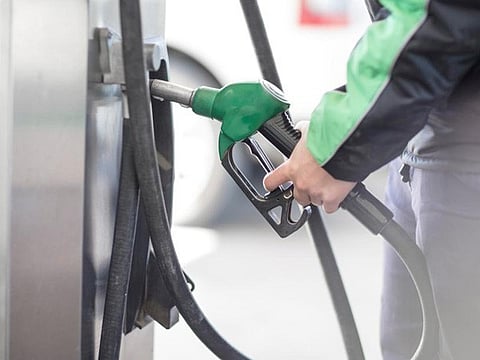

BENGALURU: While Karnataka is producing ethanol regularly and attaining the set targets, it lags far behind in the production of bio-diesel. Due to this low productivity, the government is unable to control vehicular pollution, especially the release of sulphur in the atmosphere.
Bio-diesel blending is not happening due to the unavailability of raw materials. As per central government norms and directions, by 2030, states should produce 5% of blended diesel. But in Karnataka, it is not even 1%.
Earlier, the government used palm stearin procured from Indonesia and Malaysia. But now the supply has stopped. While private industries are working to procure it, the quantity is less, said a senior official from Karnataka State Bio-fuel Development Board.
“The only low hanging fruit available is procurement of edible used cooking oil. Mass stock is available. But procurement is a major challenge as no organised collection is taking place. The Food Safety and Standards Authority of India (FSSAI) is also trying to organise the collection, but things are yet to materialise. Using edible and non-edible oil seeds is also another option, but the quantity is not much,” the official said.
For the long life of vehicles, bio-diesel is the solution and is required, just like ethanol blended petrol. Electric vehicles have just penetrated the market, and there are concerns about batteries and charging stations that need to be addressed. Till these gaps are filled, bio-diesel is the solution. “Karnataka is also a pioneer in the hospitality industry. There are a large number of hotels, restaurants, cloud kitchens, etc. The used edible cooking oil can be collected and supplied to the processing units for treatment, which will then be supplied to the integrated oil companies for blending. We are targeting large municipal corporations, like the BBMP, to start with. At present, the oils are either reused multiple times, passed down to street vendors, or disposed of,” the official said, adding that at present there is no account of input or output from hotels and restaurants.
In the coming days, large apartment complexes will also be contacted. Bio-diesel is also a fuel source in many industries and power generation plants. Blending diesel will reduce this cost, which will be financially and environmentally beneficial to the industries.